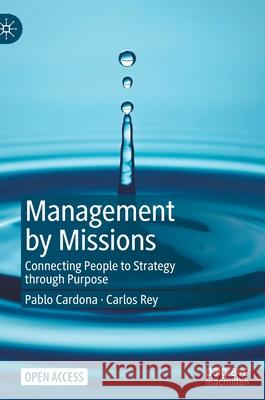Management by Missions: Connecting People to Strategy Through Purpose » książka
topmenu
Management by Missions: Connecting People to Strategy Through Purpose
ISBN-13: 9783030837792 / Angielski / Twarda / 2021 / 184 str.
Management by Missions: Connecting People to Strategy Through Purpose
ISBN-13: 9783030837792 / Angielski / Twarda / 2021 / 184 str.
cena 201,24
(netto: 191,66 VAT: 5%)
Najniższa cena z 30 dni: 192,74
(netto: 191,66 VAT: 5%)
Najniższa cena z 30 dni: 192,74
Termin realizacji zamówienia:
ok. 16-18 dni roboczych.
ok. 16-18 dni roboczych.
Darmowa dostawa!
Kategorie:
Kategorie BISAC:
Wydawca:
Palgrave MacMillan
Język:
Angielski
ISBN-13:
9783030837792
Rok wydania:
2021
Wydanie:
2022
Ilość stron:
184
Waga:
0.37 kg
Wymiary:
21.01 x 14.81 x 1.27
Oprawa:
Twarda
Wolumenów:
01
Dodatkowe informacje:
Wydanie ilustrowane











